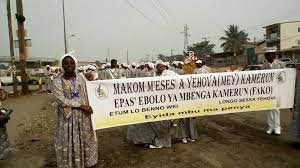Today, considered a fashion accessory for many pan-African women, the African scarf, previously worn with traditional outfits, now blends with a much more urban style.
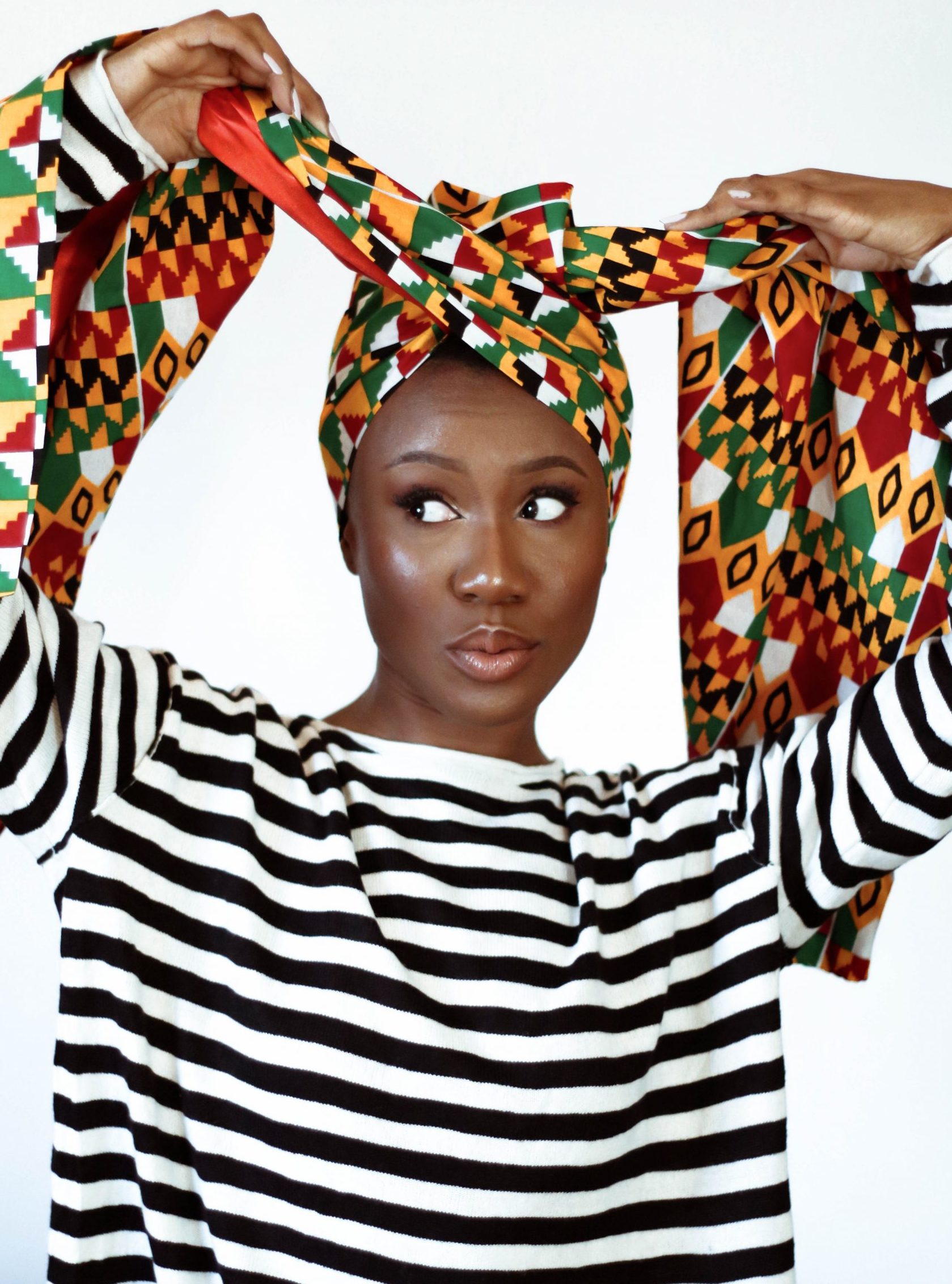
Retrouvez cet article en français ici!!
But after watching with scrutiny my 3 grandmothers, 2 mothers, my countless aunts and grandaunts, as well as the women in dozens of African movies, I concluded that our (African) mothers and grandmothers had a variety of reasons to stick with their head wraps.
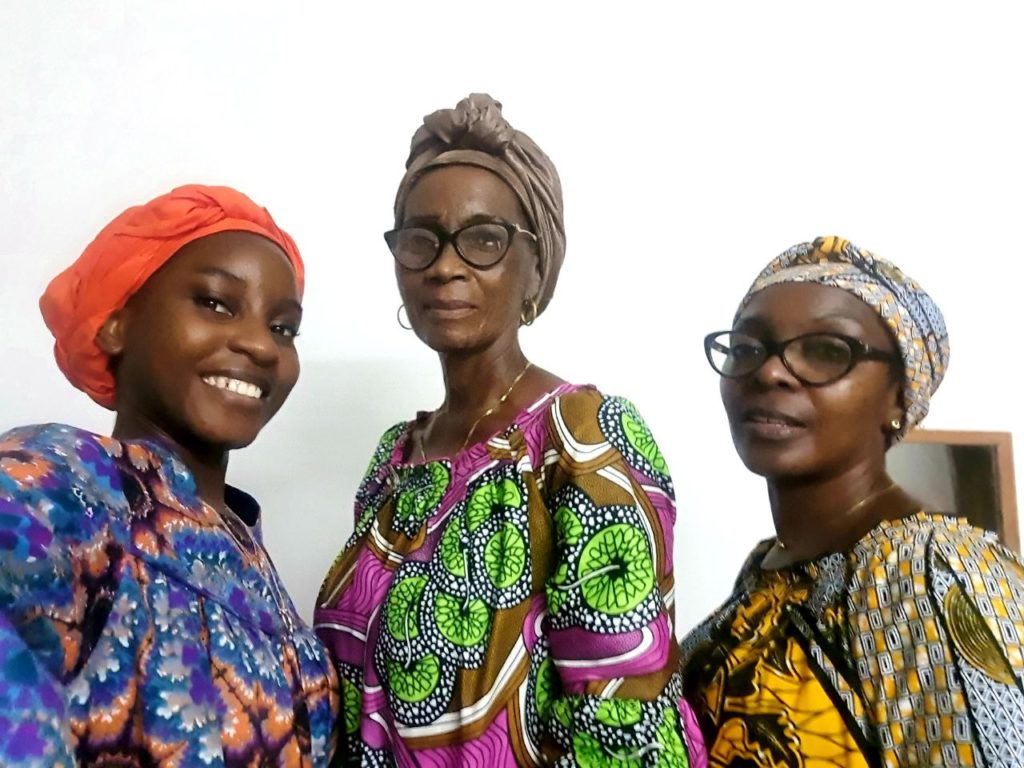
1) To preserve their hairstyles throughout the night
A black woman’s hairstyle said a lot about her identity and her status. And from the dawn of time, black women’s hair has always been hard to manage, so once styled, it was of paramount importance to maintain that for as long as possible.
The scarf thus made it possible to keep their hairstyle in place by preventing it from getting messy due to rubbing against the bedding.
2) To keep their hair from unpleasant odours
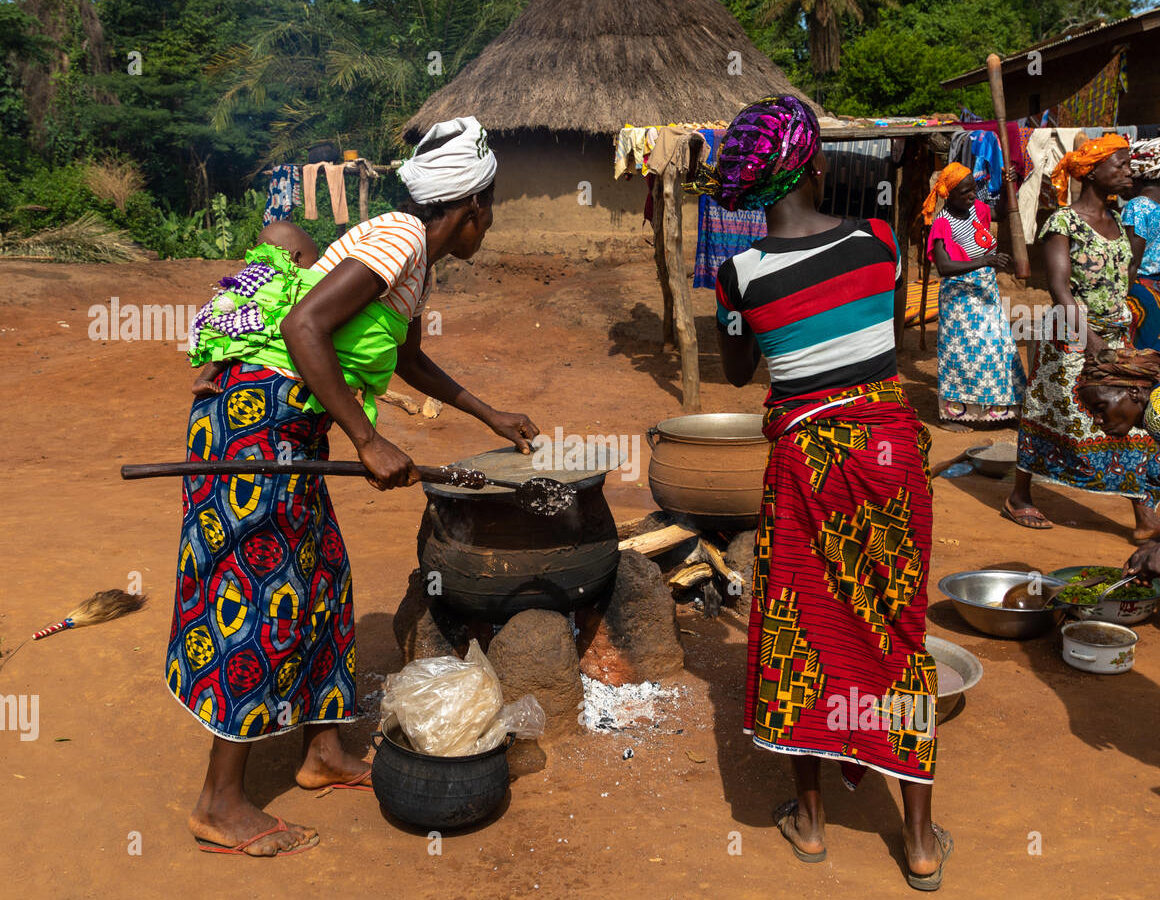
African dishes are as delicious as their fragrance is strong. This poses no problem while devouring them, but their cooking would often require the use of a wood fire, giving off fumes of smoke. Add to it the scents, flavourings and spices in the dishes, all settled in the women’s hair and trapped for days in there.
Wearing a headscarf therefore was the perfect shield. It captured the aromas and was easily washed.
3) As a scrunchie
At the time of our mothers, scrunchies, barrettes, headbands and other hair accessories did not exist. Only the scarf kept their hair away from their faces.
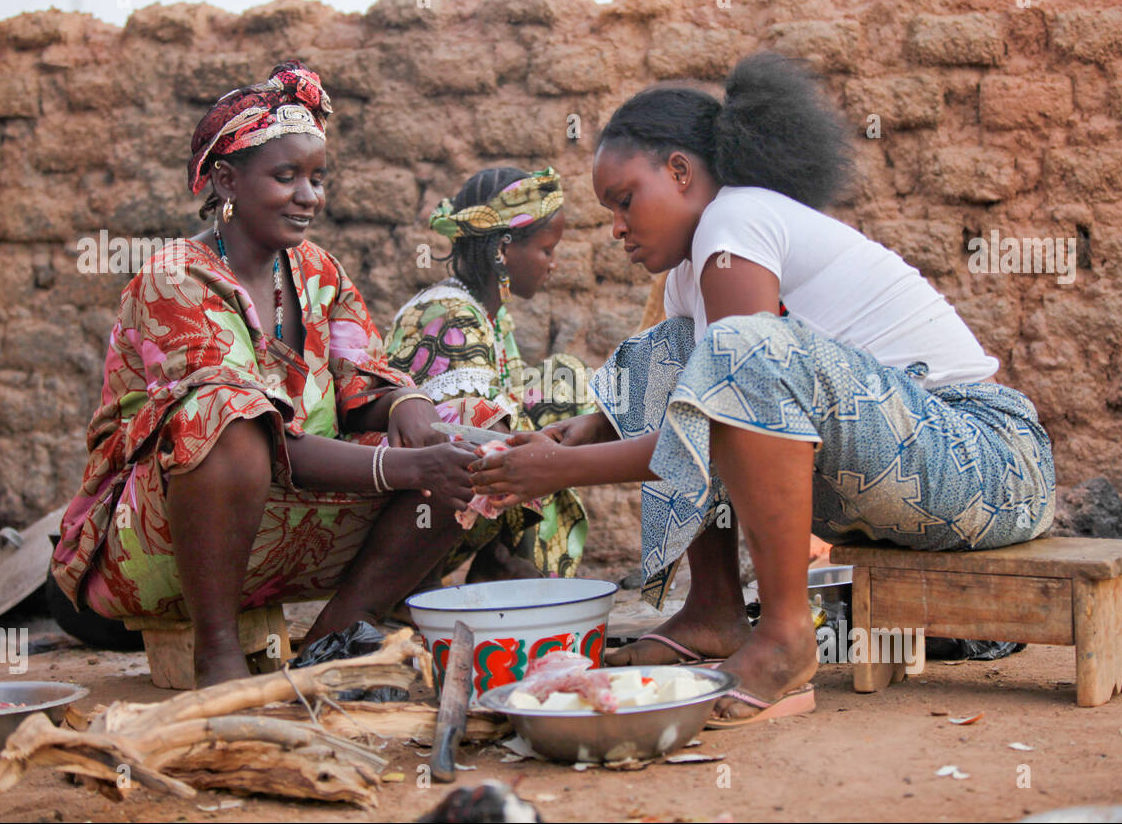
4) To look beautiful
Just like today, the scarf in itself was a beauty accessory, thanks to the fabric it was made from, the way it was tied, but also the body part it was worn on, since as the head wasn’t the only place it would be tied on.
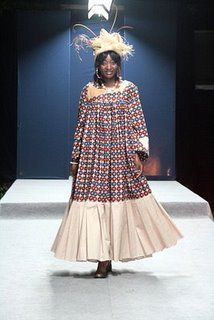
Depending on the culture, it can be worn on one shoulder, tied around the waist, or even around the neck or the forearm, as among Sawa men.
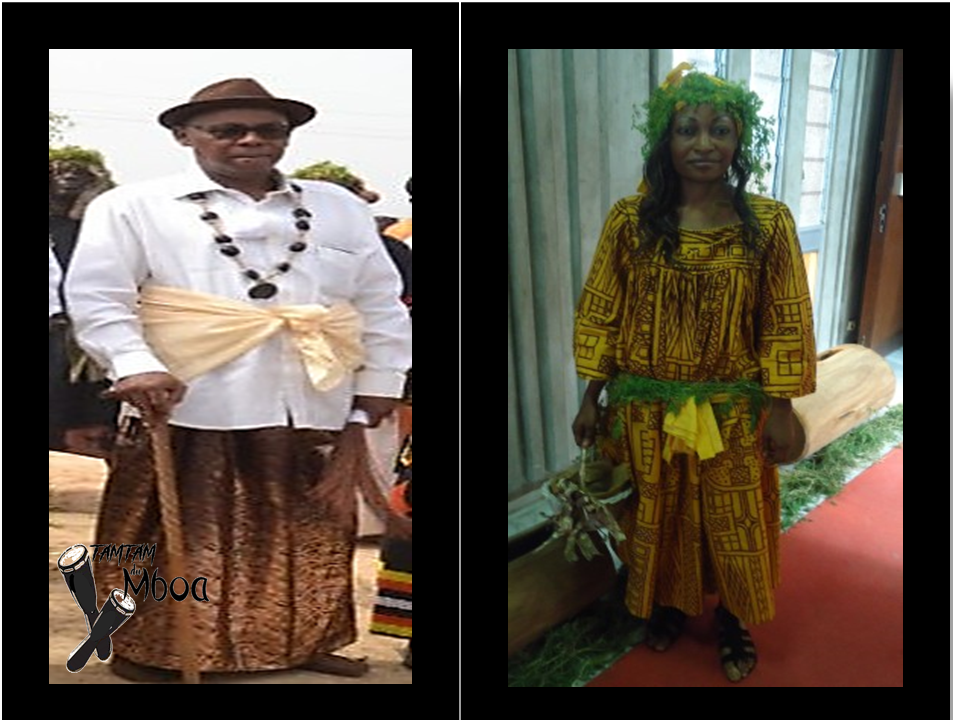
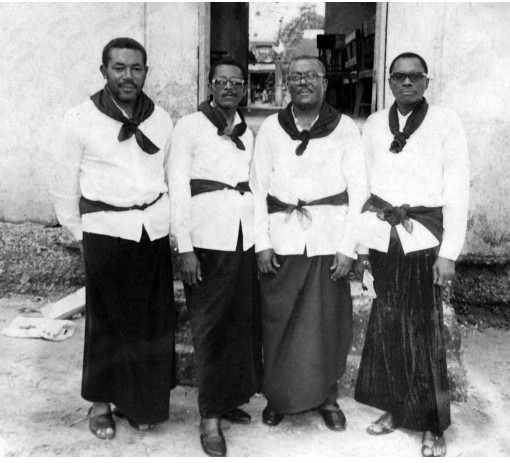
5) As a purse
Speaking of a scarf tied at the waist, that also served as some sort of pocket, to carry relics, traditional medicines and even money.
I remember that every time my grandmother gave me pocket money, she took it out either from the scarf on her head or from the one at her waist!!
6) As part of their traditional outfit
In Cameroon, as in many other countries in Africa, the headscarf is an integral part of the traditional dress of women. Among the Sawa people for example, it is accompanied by a long and large dress called Kaba, or with a blouse and a Wrapper, among the Bayangui.
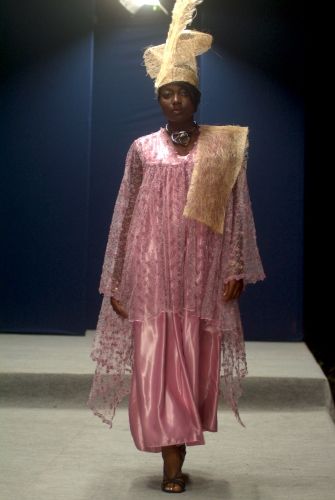
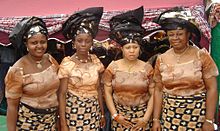
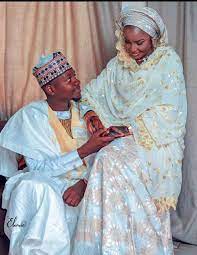
The fabric and/or the colour with which the scarf and the garment are made till date tells the tribe, the sub-village or the family to which one belongs.
7) To cover your hair in church
Many of our mothers and grandmothers are members of Christian communities, wherein it is more or less compulsory for women to cover their hair, a practice inspired by 2 Corinthians 11:2-16. The scarf is therefore essential to avoid embarrassment.
Nevertheless, nowadays in the temples of the Lord, the scarf gives way more and more to the hat.
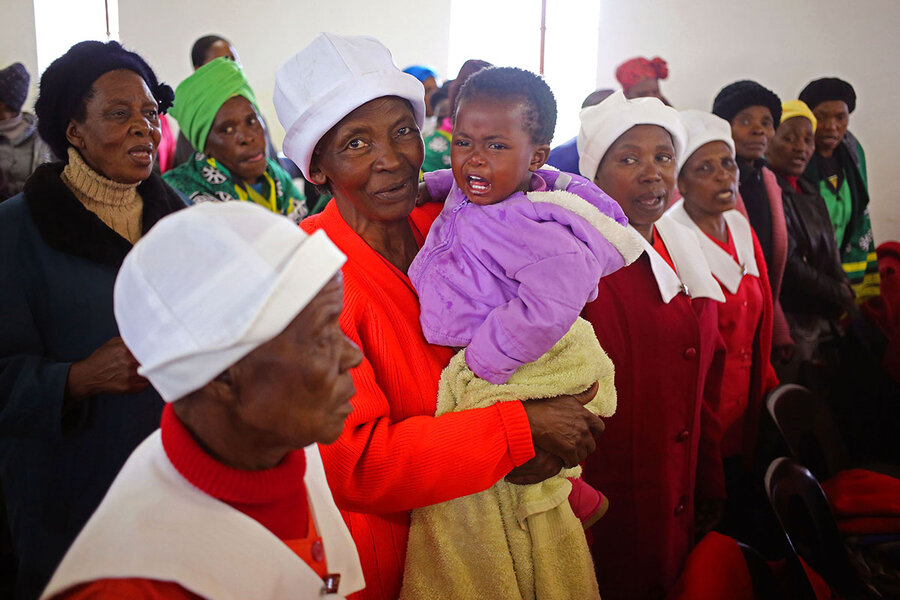
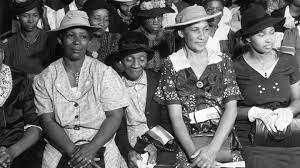
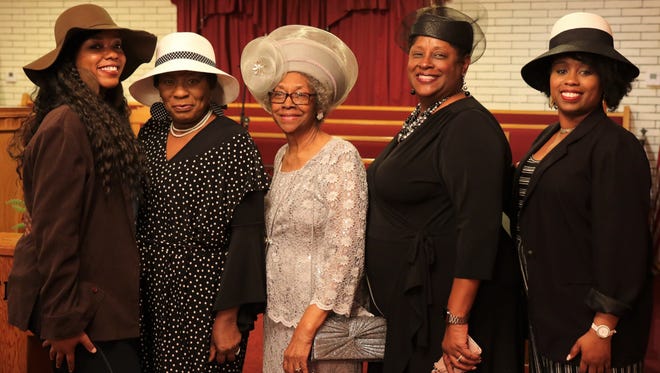
The way the scarf is wrapped is also, often, an integral part of the uniform of social groups, such as choirs like Makom m’eses’a Yehova, the largest community of choirs in Cameroon.
